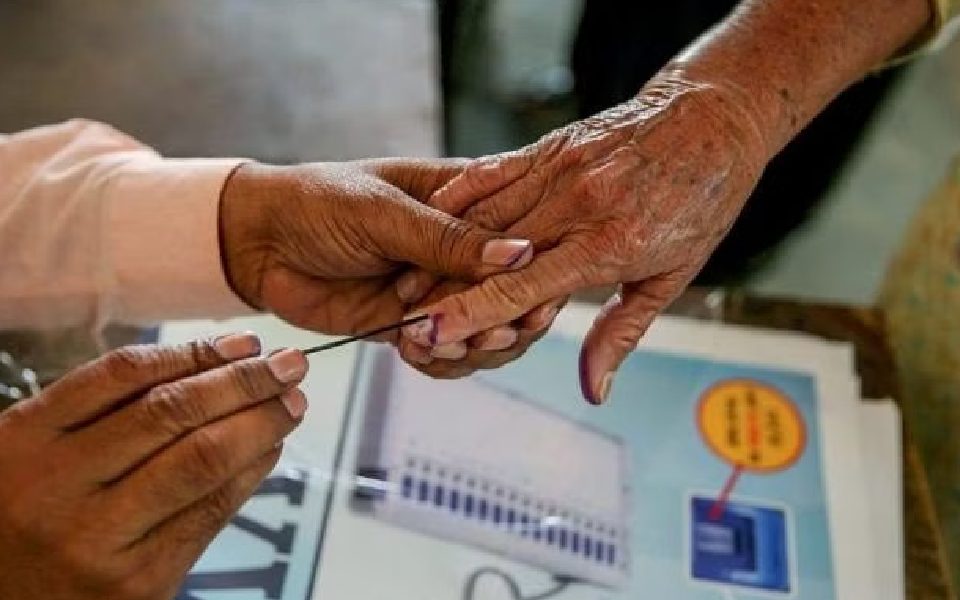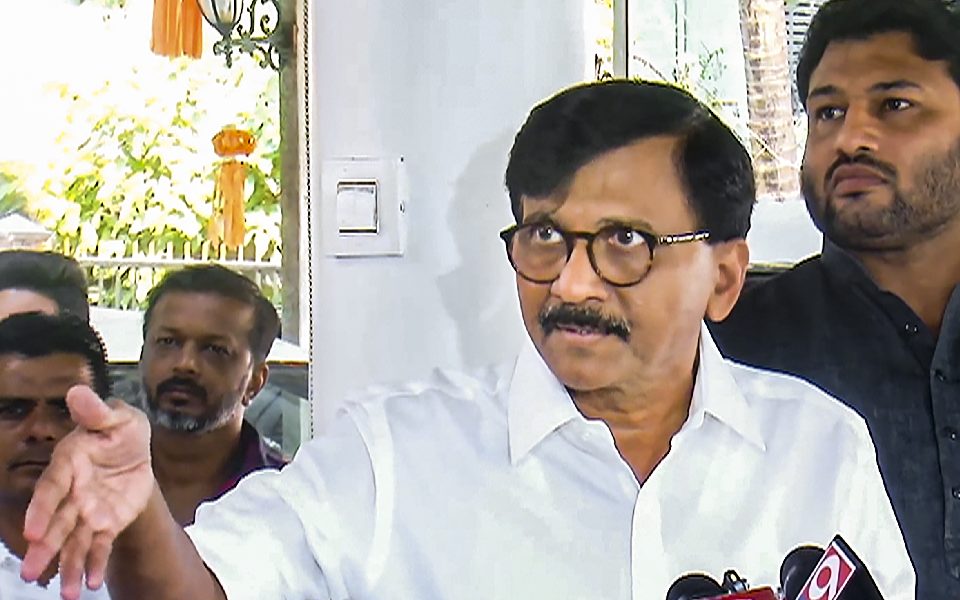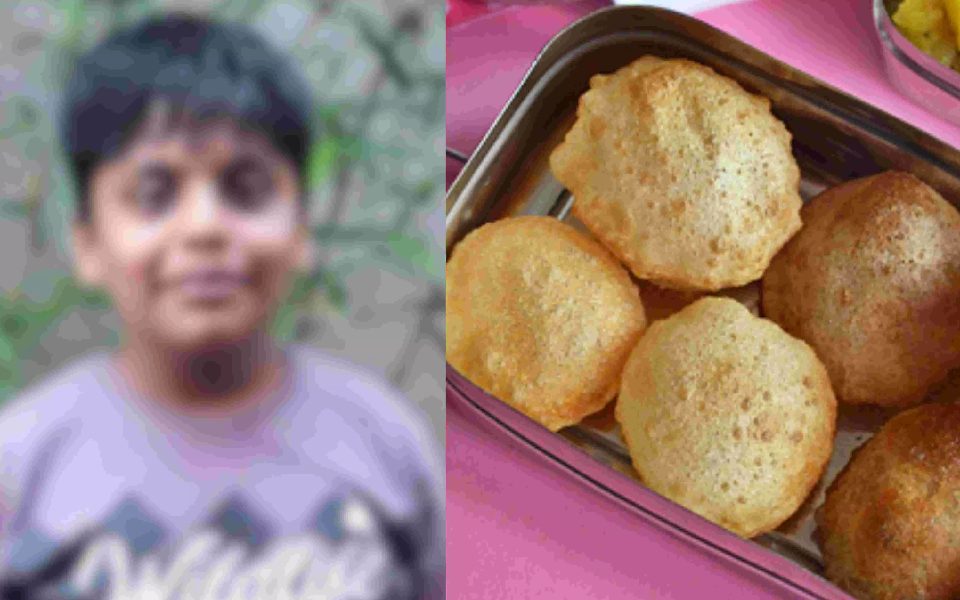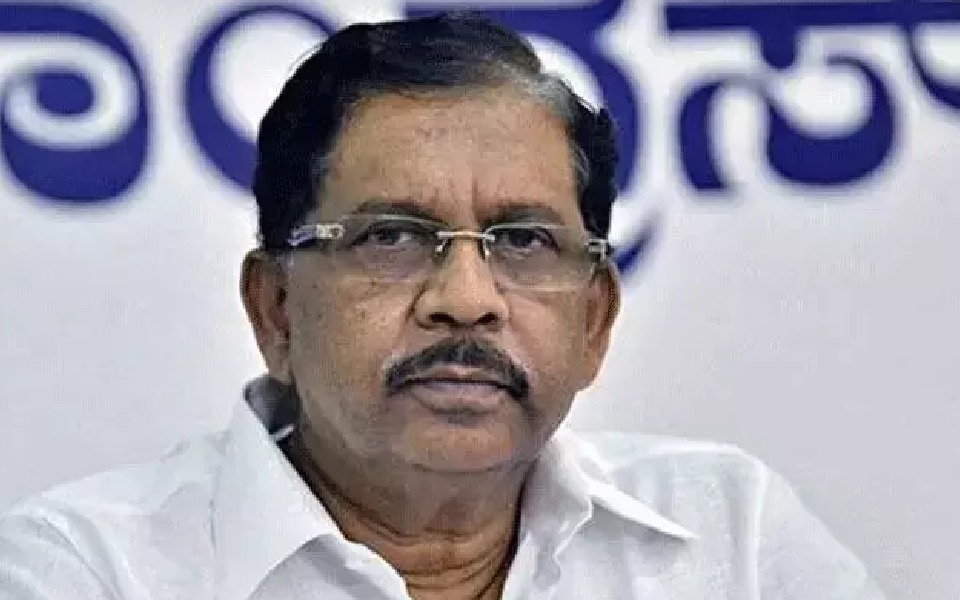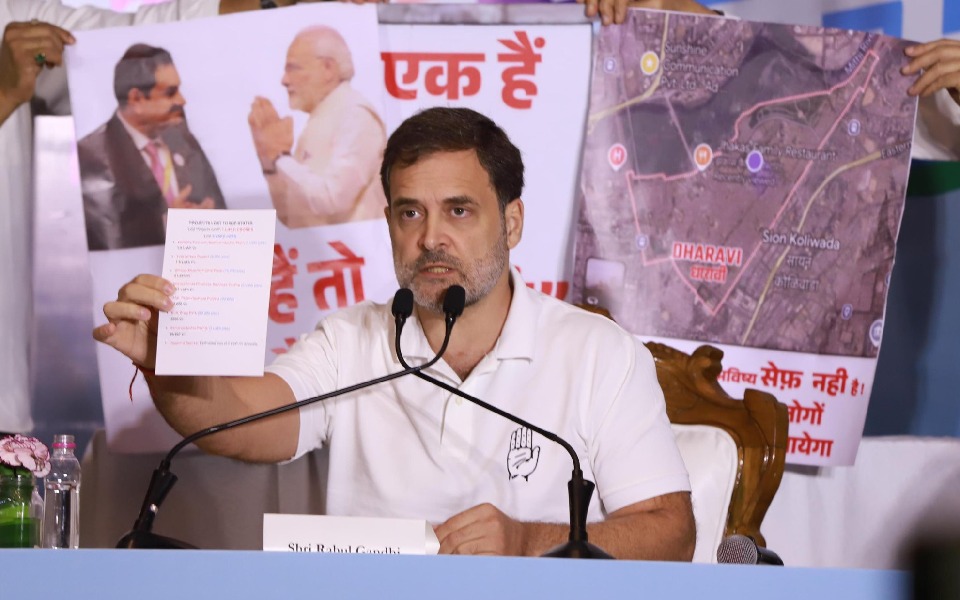Ranchi, Oct 18: More than 900 centenarians, including 533 women, are eligible to exercise their franchise in 43 assembly constituencies going to polls in the first phase of Jharkhand elections on November 13, an official said.
The Jharkhand assembly polls will be held in two phases on November 13 and November 20, while the counting of votes will take place on November 23.
"A total of 995 voters aged above 100 years, including 462 male voters and 533 female voters, are eligible to cast their votes in the first phase of assembly elections in the state on November 13," the official said on Friday.
As per the electoral rolls, Jharkhand has a total of 2.60 crore voters, of whom 1.13 lakh are senior citizens aged above 85 years.
The official said that assured minimum facilities along with accessibility friendly infrastructure like ramps would be ensured at the polling stations for PWDs (persons with disabilities) and senior citizens.
In Jharkhand, all polling stations are located at ground floor and ramps with proper gradient are provided for the convenience of differently abled electors and senior citizens with wheelchairs, as per the Election Commission of India (ECI).
"Further, in order to provide targeted and need-based facilitation to differently-abled voters, the commission has directed that all persons with disabilities and senior citizens in an assembly constituency are identified and tagged to their respective polling stations and necessary disability-specific arrangements made for their smooth and convenient voting experience on poll day," the ECI said.
It said that officials have been asked to provide proper transport facility for PwD and senior citizens electors in each and every polling station on the day of the poll.
Filing of nomination papers for 43 assembly constituencies of Jharkhand going to polls on November 13 in phase one will begin on Friday and will continue till October 25.
A total of 2.60 crore electors, including 11.84 lakh first-time voters and 1.13 lakh persons with disabilities (PwD), third gender and senior citizens over 85 years of age, are likely to exercise their franchise in the upcoming elections.
Let the Truth be known. If you read VB and like VB, please be a VB Supporter and Help us deliver the Truth to one and all.
Mumbai, Nov 25: Shiv Sena (UBT) MP Sanjay Raut on Monday demanded a re-election in Maharashtra using ballot papers, claiming there were irregularities with the electronic voting machines (EVMs).
Talking to reporters, Raut alleged several complaints about EVMs malfunctioning and questioned the integrity of the recently held elections.
The BJP-led Mahayuti won 230 out of 288 seats in the assembly elections, while the opposition Maha Vikas Aghadi managed 46 seats, with Shiv Sena (UBT) winning just 20 out of 95 seats it contested.
"We have received nearly 450 complaints regarding EVMs. Despite raising objections repeatedly, no action has been taken on these issues. How can we say these elections were conducted fairly? Hence, I demand that the results be set aside and elections be held again using ballot papers," Raut said.
Citing some instances, he said a candidate in Nashik reportedly received only four votes despite having 65 votes from his family, while in Dombivli, discrepancies were found in EVM tallies, and election officials refused to acknowledge the objections.
The Sena (UBT) leader also questioned the credibility of the landslide victories of some candidates, saying, "What revolutionary work have they done to receive more than 1.5 lakh votes? Even leaders who recently switched parties have become MLAs. This raises suspicions. For the first time, a senior leader like Sharad Pawar has expressed doubts about EVMs, which cannot be ignored."
Asked about the MVA's poor performance in the elections, Raut rejected the idea of blaming a single individual.
"We fought as a united MVA. Even a leader like Sharad Pawar, who commands immense respect in Maharashtra, faced defeat. This shows that we need to analyse the reasons behind the failure. One of the reasons is EVM irregularities and the misuse of the system, unconstitutional practices, and even judicial decisions left unresolved by Justice Chandrachud," he said.
Raut stressed that though internal differences might have existed within the MVA, the failure was collective.
He also accused the Mahayuti of conducting the elections in an unfair manner.
"I cannot call the elections fair given the numerous reports of discrepancies in EVMs, mismatched numbers, and vote irregularities across the state," Raut said.

